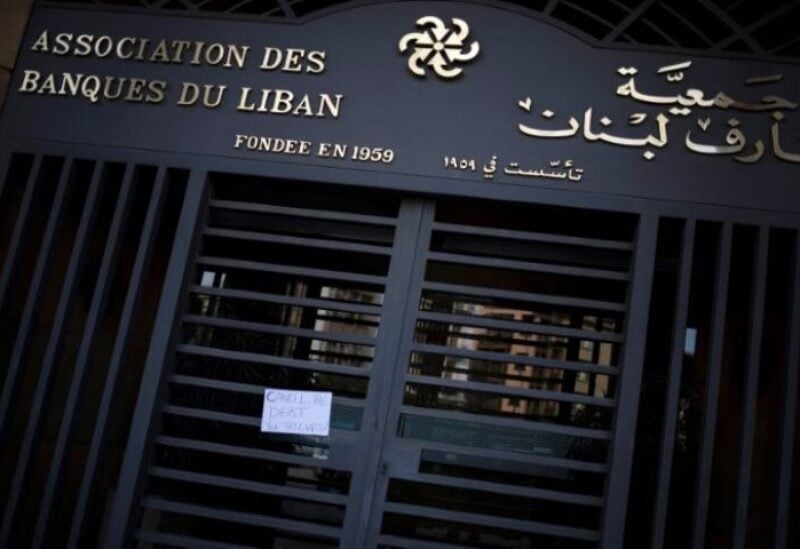
Association of Banks in Lebanon (ABL)
Last Friday, the Lebanese government adopted a financial and economic recovery plan. The road map includes changes such as proposals to reorganize the banking system and restore some depositors’ money in hard currency, which are among the basic measures required for the International Monetary Fund to release needed credit.
The strategy calls for a comprehensive evaluation of the central bank’s financial status by July, and “determining the scale of the demands of recapitalizing individual banks and reformulating their balance sheets,” according to the proposal.
In addition, banks will be fully recapitalized by “substantial contributions” from bank shareholders and wealthy depositors.
According to the proposal, the government would “protect small depositors to the greatest degree feasible in every viable bank, and the government will unify the official exchange rate and abolish the existence of alternative exchange rates.”
In this context, economic expert Walid Abou Sleiman told Sawt Beirut International in an interview that it is remarkable that the Lebanese government approved the recovery plan in the last quarter of an hour, surprising that a plan of this size was approved at the last government session before it became a caretaker government.
Considering that it is necessary to approve the financial and economic recovery plan because we are in a crisis, Aobu Sleiman referred to several observations on this plan, which bears broad titles and does not contain details, explaining that the issue of protecting deposits or writing off liabilities on the Central Bank in foreign currencies that exceed $60 billion , means writing off depositors’ money, as the liabilities on the “Central” are money for depositors and banks, considering that the losses incurred by depositors do not fit the hierarchy.
Abou Sleiman criticized the plan to protect depositors whose deposits do not exceed $100,000, whereas Hassan Diab’s plan was to protect depositors by 98 percent, and accounts above $500 thousand dollars, implying that the depositor lost five times in the current plan, leaving us wondering whether the depositor whose deposit exceeds $100,000 from major depositors will be restored in Lebanese pounds, dollars, or transferred to bank shares.
Abou Sleiman also asked about the fate of depositors’ funds in the event that some banks shut off their doors, as the plan will examine the situation of each bank separately to examine the possibility of its continuation or not.
Abou Sleiman emphasized that the caretaker government cannot implement the plan since its purpose is confined to handling state matters. He questioned if the new cabinet would be able to follow this plan or if it would modify it, which is regarded one of the most significant requirements of the International Monetary Fund and without which we cannot secure a loan.
According to Abou Sleiman, the recovery plan was not passed to parliament since it is expected that the next appointed cabinet would be the one responsible for such a matter.
Regarding setting a unified exchange rate as stipulated in the plan, Abou Sleiman thought it was a good thing because the pluralism of the exchange rate distorts the economy, emphasizing the need for this to go along with protecting citizens’ purchasing power and then reconsidering salaries, emphasizing that this matter remains in the hands of the new government.